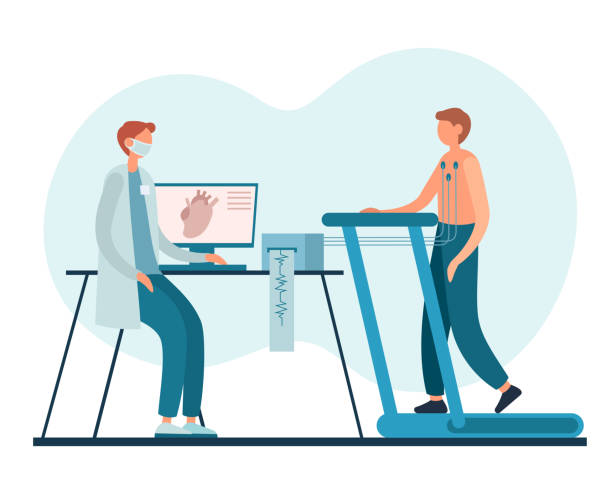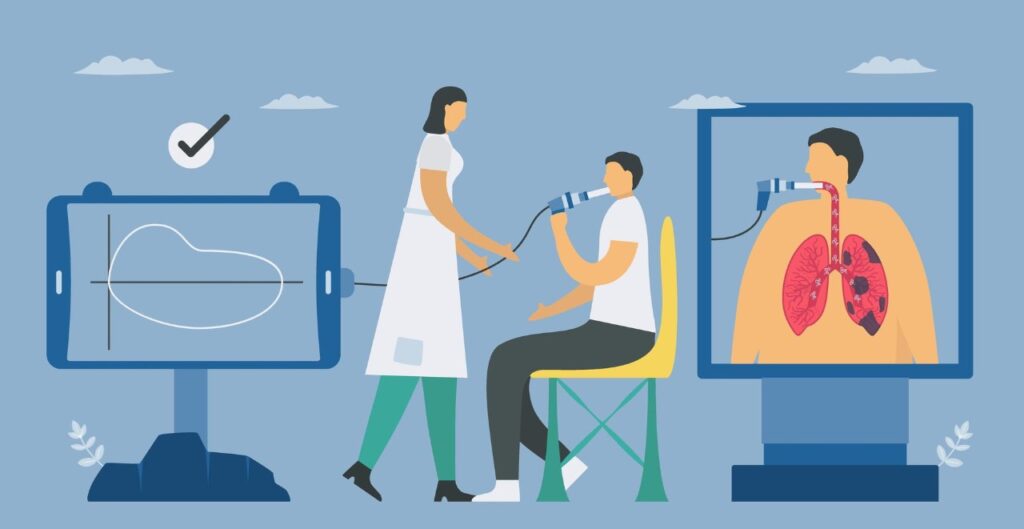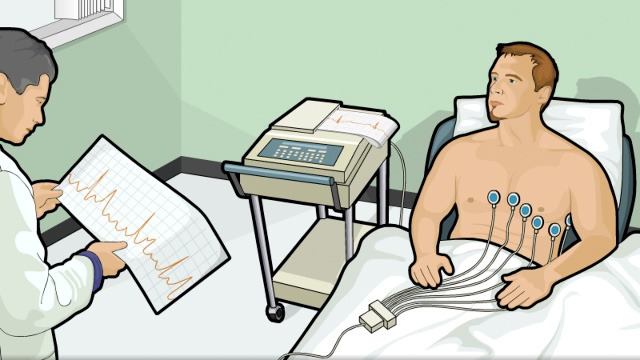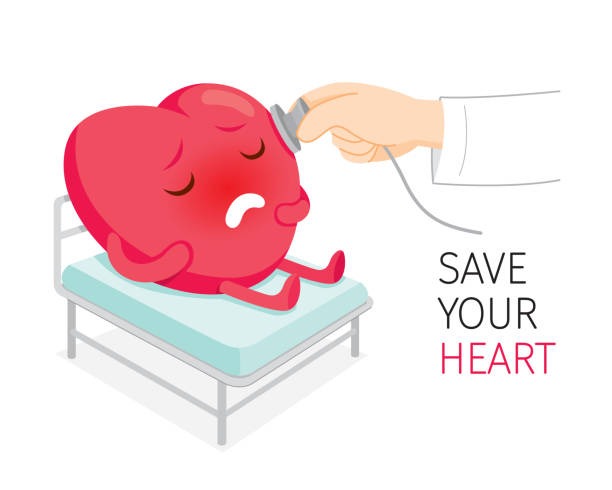Information about Stress Test
- Identifies potential health problems: Stress tests can help identify existing or potential health problems, such as coronary artery disease, heart murmurs, and other heart conditions.
- Monitors heart health: Stress tests can help monitor the health of an individual’s heart and can help identify changes in heart rate and blood pressure.
- Determines the risk of a heart attack: Stress tests can help determine the risk of a heart attack by assessing how well the heart responds to stress.
- Assesses the effectiveness of medications: Stress tests can also be used to assess the effectiveness of medications that a person is taking to treat heart conditions.
- Improves overall health: Stress tests can help improve overall health by providing an individual with insight into their current health and any potential health problems they may face in the future.
What is Stress Test or Treadmill Test?
A stress test / Treadmill Test, also known as an Exercise Tolerance Test, is a diagnostic test used to evaluate how well a patient’s heart responds to physical stress. During the test, the patient is asked to walk on a treadmill or ride a stationary bicycle while their heart rate and blood pressure are monitored. The purpose of the test is to see how the heart responds to increased levels of physical activity, and to look for any irregularities or signs of coronary artery disease.
- Identifies potential health problems: Stress tests can help identify existing or potential health problems, such as coronary artery disease, heart murmurs, and other heart conditions.
- Monitors heart health: Stress tests can help monitor the health of an individual’s heart and can help identify changes in heart rate and blood pressure.
- Determines the risk of a heart attack: Stress tests can help determine the risk of a heart attack by assessing how well the heart responds to stress.
- Assesses the effectiveness of medications: Stress tests can also be used to assess the effectiveness of medications that a person is taking to treat heart conditions.
- Improves overall health: Stress tests can help improve overall health by providing an individual with insight into their current health and any potential health problems they may face in the future.
who should get their Stress Test done?
- Anyone over 45 years of age
- Those with risk factors for heart disease such as smoking, high blood pressure, high cholesterol, diabetes, family history of heart disease, or anyone who has had a prior heart attack, stroke, or other major cardiovascular event should get a stress test.
- Additionally, anyone with symptoms of coronary artery disease such as chest pain, shortness of breath, or palpitations should also get a stress test.
Who should not get their Stress Test done?
- People with heart conditions, such as angina, congestive heart failure, or recent heart attack should not get a stress test.
- If a person is pregnant, has a pacemaker, or is taking certain antiarrhythmic medications, they should also avoid getting a stress test.
Instructions for Stress Test Patients
- Get a good night’s sleep before your stress test.
- Avoid eating or drinking anything caffeinated for at least four hours before the test.
- Wear comfortable, loose-fitting clothing and sneakers for the test.
- Bring a list of any medications you take and their dosages.
- Inform your doctor if you have any known allergies or medical conditions that may affect the test.
- Follow any instructions from the technician conducting the test.
- Follow the instructions for the physical activity that may be part of the stress test.
- Tell the technician if you’re feeling uncomfortable or experiencing any pain or discomfort during the test. Make sure to follow up with your doctor after the test to discuss the results.









